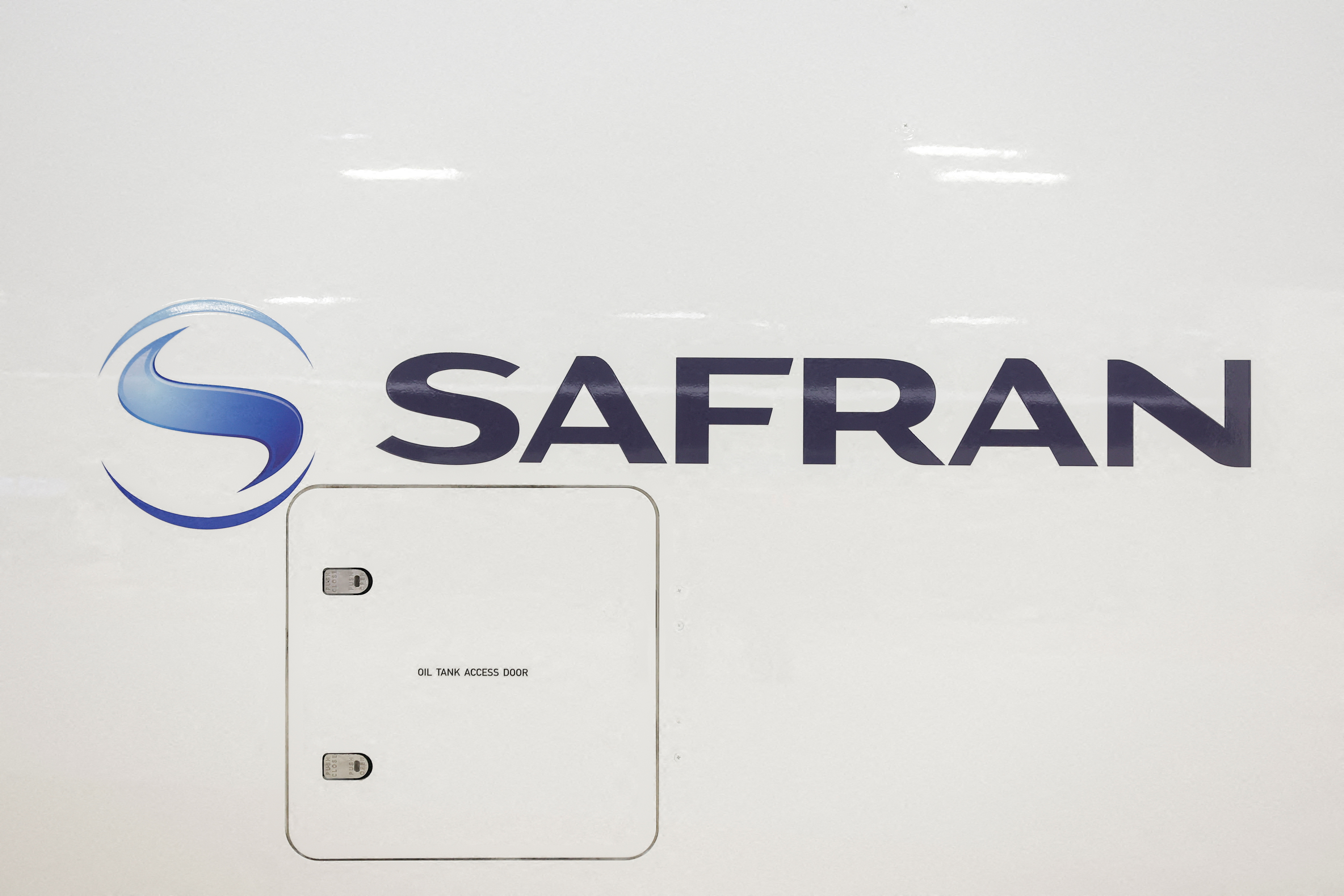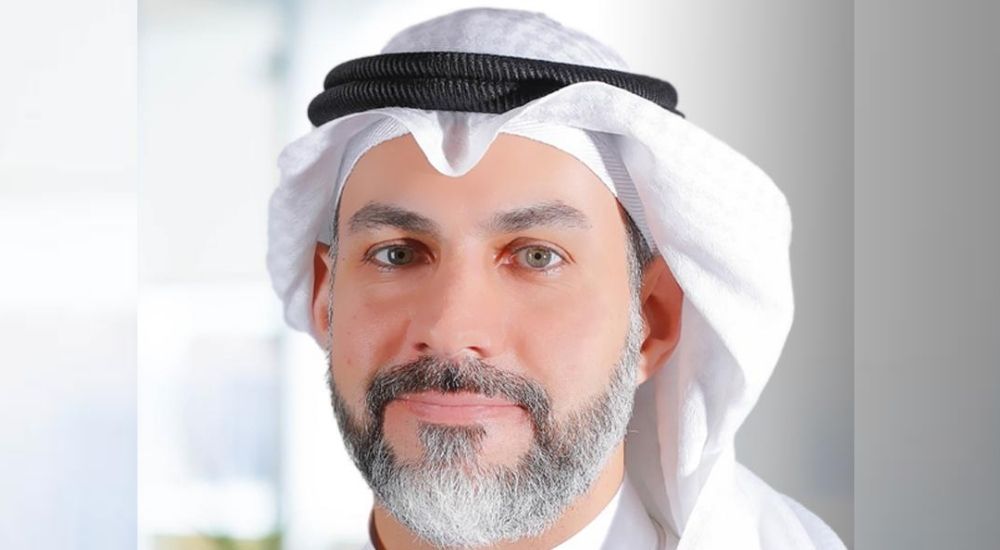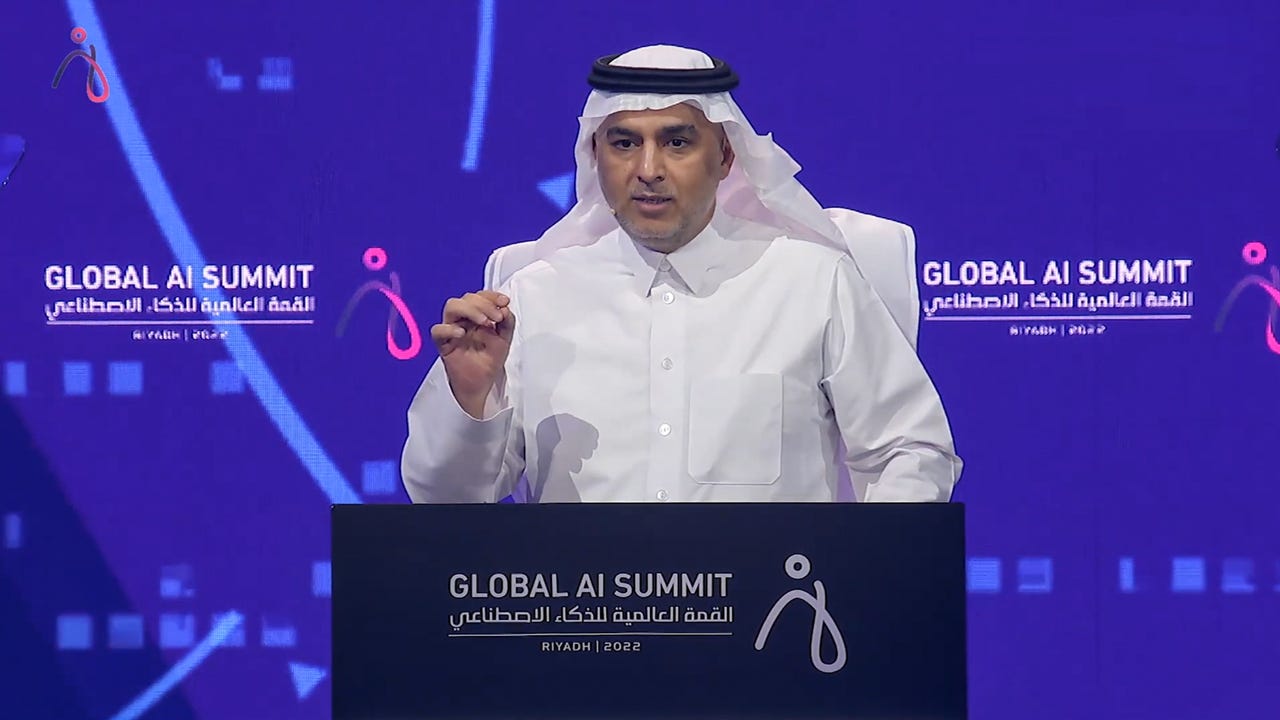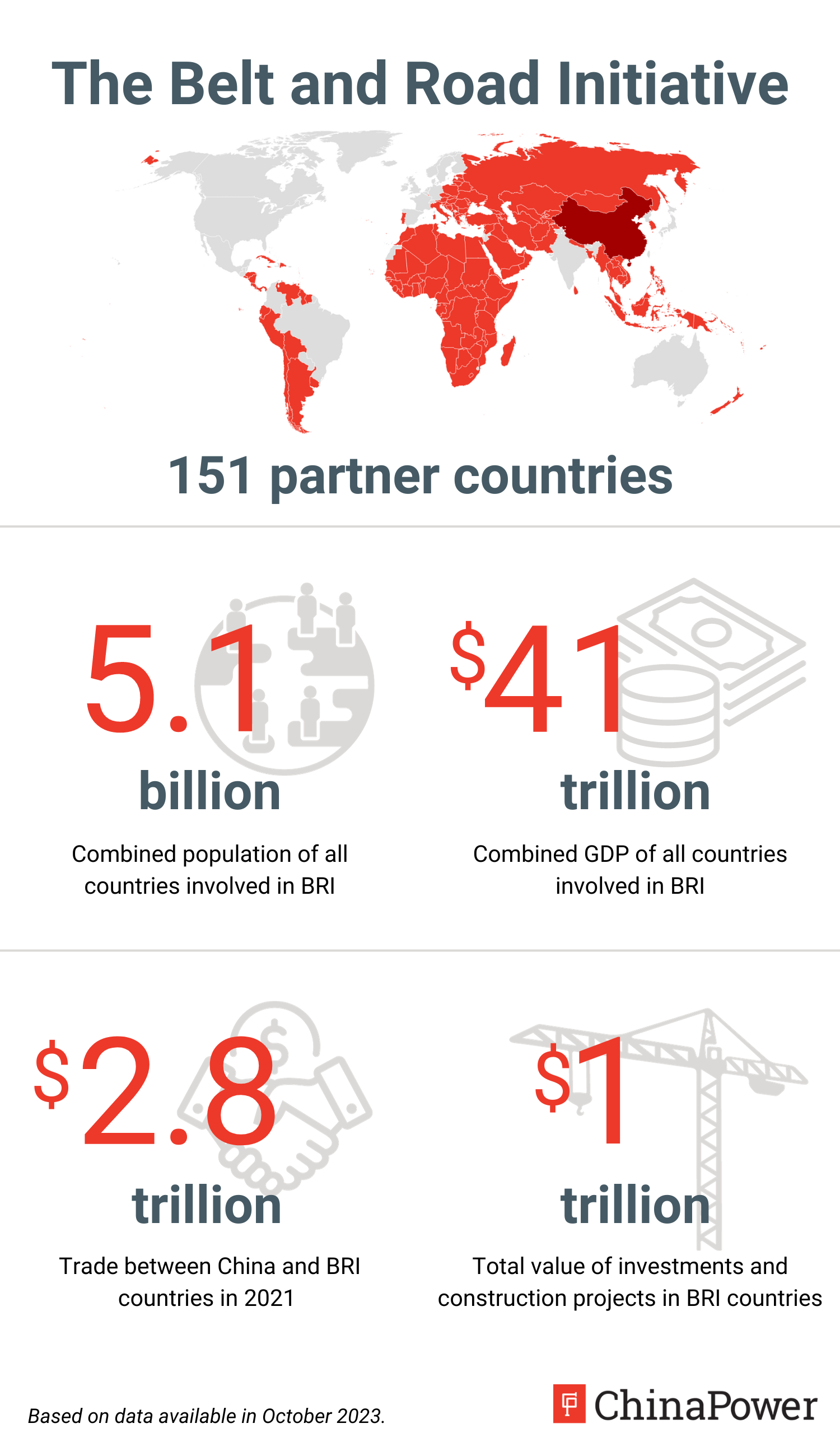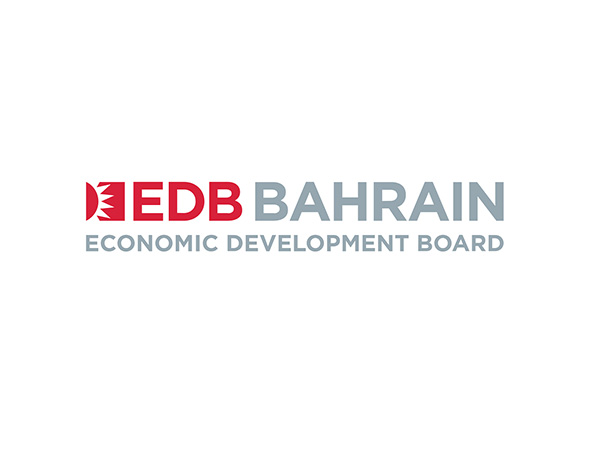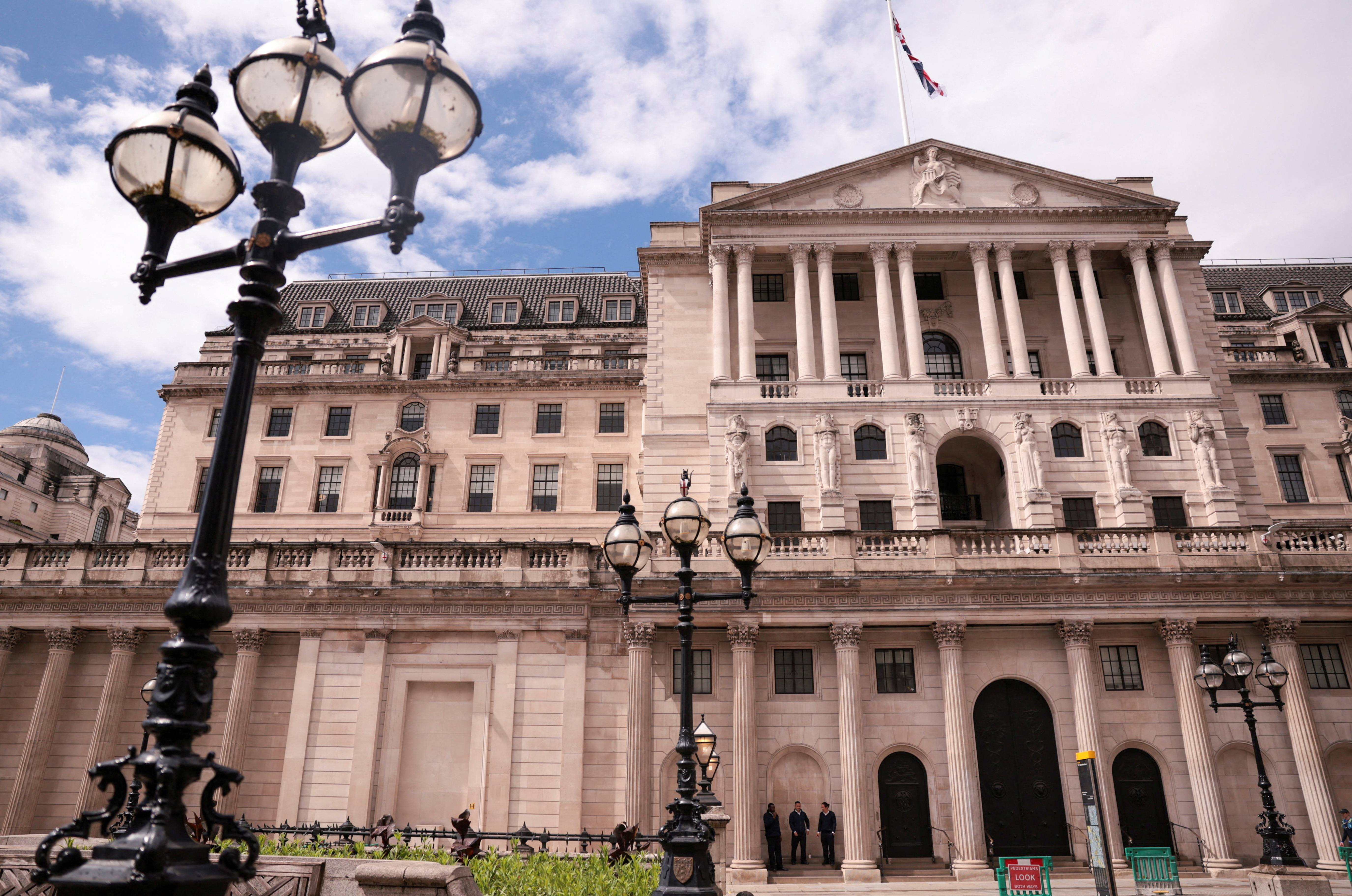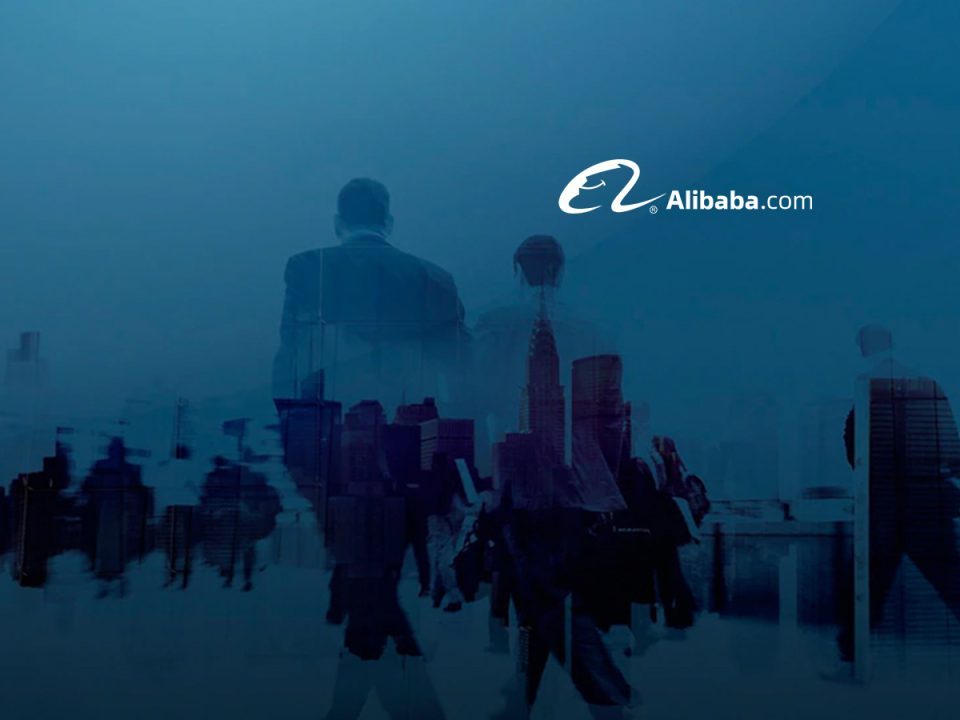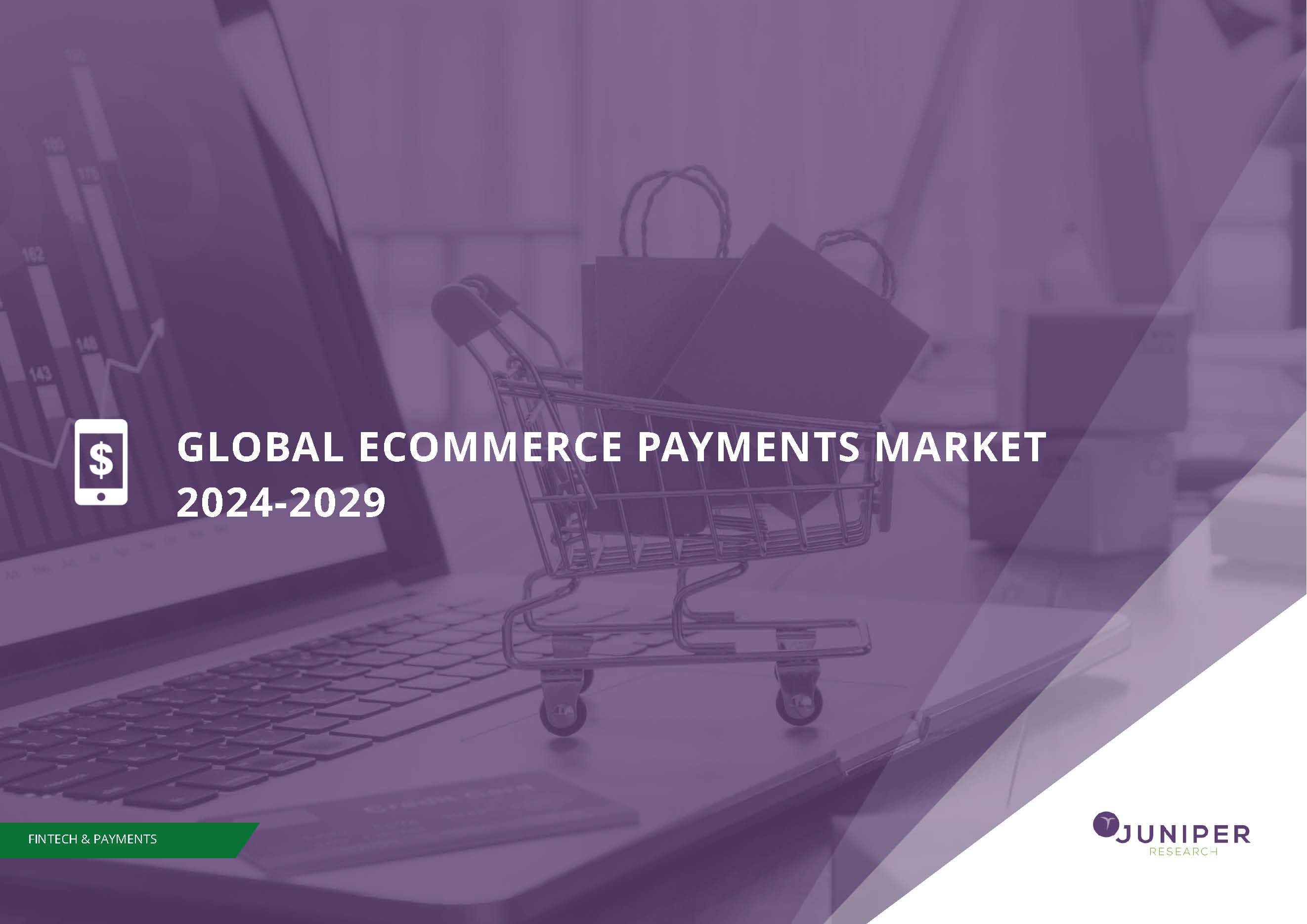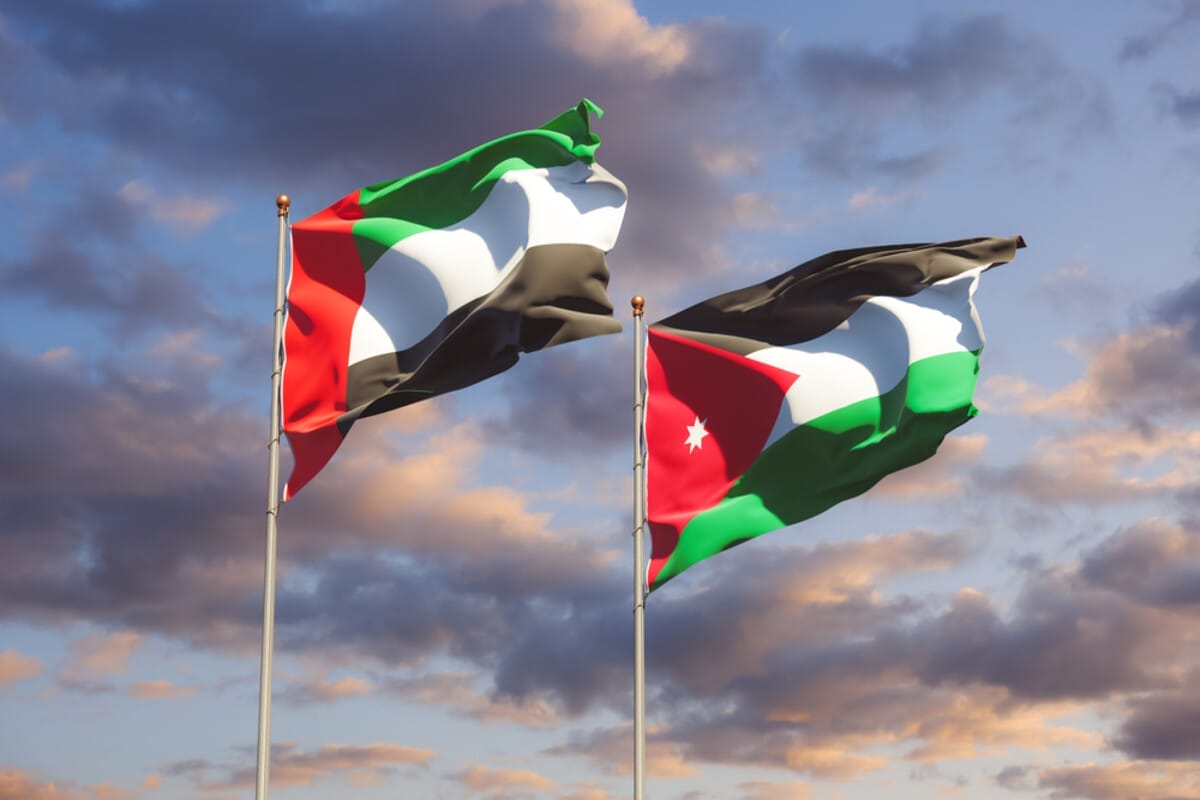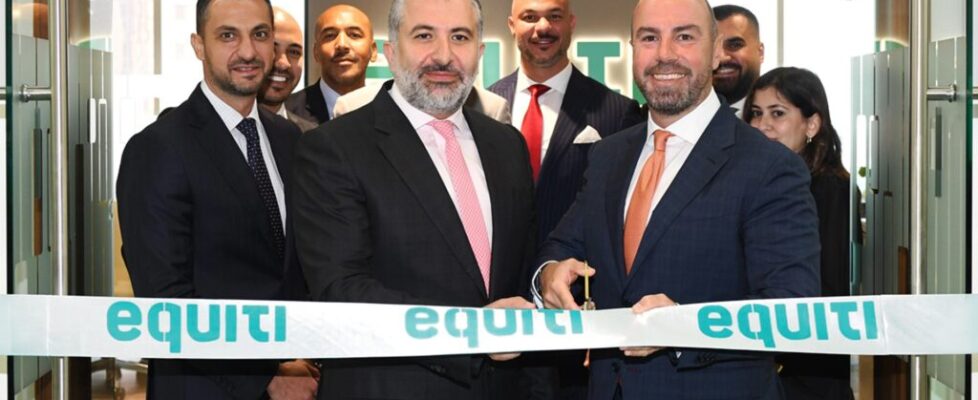CAG and UAE Accountability Authority Strengthen Audit Cooperation

A Memorandum of Understanding (MoU) has been signed between the Comptroller and Auditor General of India (CAG) and the Accountability Authority of the UAE, marking a significant step toward reinforcing collaboration between two Supreme Audit Institutions. The agreement is designed to streamline audit methodologies in the public sector and enhance overall cooperation, aligning both entities in their goal to ensure effective public accountability. This partnership reflects a growing trend of international cooperation among audit institutions, emphasizing transparency and efficiency in public sector audits.
The MoU between the CAG and the UAE’s Accountability Authority is expected to boost the exchange of knowledge, technical expertise, and best practices in auditing. Such a collaboration is particularly relevant as both nations are witnessing the increasing complexity of public financial systems, necessitating more sophisticated audit mechanisms. Through this agreement, both countries aim to improve governance and accountability, leveraging their respective experiences in the field of public auditing.
The Comptroller and Auditor General of India, an autonomous body responsible for auditing government expenditures, has a long history of ensuring that public funds are utilized effectively and efficiently. The UAE Accountability Authority, on the other hand, plays a similar role in the UAE’s governance structure, overseeing financial control and ensuring that resources are spent in a manner that reflects transparency and integrity. The collaboration between the two is expected to bring mutual benefits, particularly in the form of shared technological advancements and innovative approaches to auditing.
The agreement comes at a time when both nations are grappling with the increasing demands for enhanced governance and accountability in the public sector. Auditing institutions worldwide are under pressure to develop more rigorous methods of auditing public expenditures. By fostering cooperation, the CAG and UAE Accountability Authority aim to remain at the forefront of these advancements.
Public sector audits play a critical role in maintaining fiscal discipline and ensuring that governments operate with integrity and efficiency. The CAG of India, recognized for its audits across various sectors, including defense, healthcare, and infrastructure, has made substantial contributions to public accountability. The UAE Accountability Authority, similarly, has been integral in ensuring that the government’s financial operations remain transparent. The MoU paves the way for the exchange of valuable expertise, as the institutions seek to learn from each other’s successes and challenges.
One of the core areas of focus in this partnership is the implementation of technology-driven audits. As governments worldwide increasingly adopt digital systems for financial management, audit institutions must keep pace with technological innovations. The exchange of knowledge in this area is expected to lead to the adoption of more advanced audit tools and techniques by both parties, enhancing the precision and effectiveness of their audits.
The CAG has already been involved in a number of international initiatives aimed at improving audit processes. As a member of the International Organization of Supreme Audit Institutions (INTOSAI), the CAG has been actively participating in global dialogues surrounding the improvement of audit standards and practices. This MoU with the UAE further cements India’s position as a key player in international audit cooperation.
For the UAE, this partnership represents an opportunity to learn from one of the most established and respected audit institutions in the world. The UAE Accountability Authority is relatively young compared to its Indian counterpart, but it has made significant strides in enhancing the transparency and accountability of public finances. By working closely with the CAG, the UAE seeks to benefit from India’s long-standing expertise in public sector auditing.
This partnership also underscores the UAE’s commitment to strengthening its governance framework in line with global standards. In recent years, the UAE has introduced several reforms aimed at improving government transparency and accountability. The collaboration with the CAG is seen as a crucial step in bolstering these efforts, ensuring that the nation continues to uphold its reputation for financial integrity.
India, on the other hand, stands to gain from the UAE’s unique approach to auditing and governance. The UAE has been a pioneer in adopting technology in government operations, and this expertise is expected to be shared with the CAG. The collaboration could lead to the implementation of more streamlined, technology-driven audit practices in India, enhancing the efficiency of the country’s auditing processes.
Beyond the technical benefits, this MoU holds symbolic significance as well. It highlights the growing partnership between India and the UAE, two nations that have deepened their ties in various sectors, including trade, defense, and education. The collaboration between the CAG and the UAE Accountability Authority reflects the broader strategic partnership between the two countries, which continues to evolve in a variety of domains.
Both audit institutions have expressed their commitment to ensuring that this partnership yields tangible benefits. The exchange of expertise, they believe, will not only improve the audit processes in both countries but also contribute to the broader global effort of enhancing public sector governance. By collaborating, the CAG and UAE Accountability Authority aim to set new benchmarks for public auditing, offering a model that can be replicated by other nations.




![Sheikh Khaled bin Mohammed bin Zayed Al Nahyan Crown prince of abu Dhabi to visit india Image Abu Dhabi media Office[1]](https://thearabianpost.com/wp-content/uploads/2024/09/Sheikh-Khaled-bin-Mohammed-bin-Zayed-Al-Nahyan-Crown-prince-of-abu-Dhabi-to-visit-india-Image-Abu-Dhabi-media-Office1-151x118.jpg)
